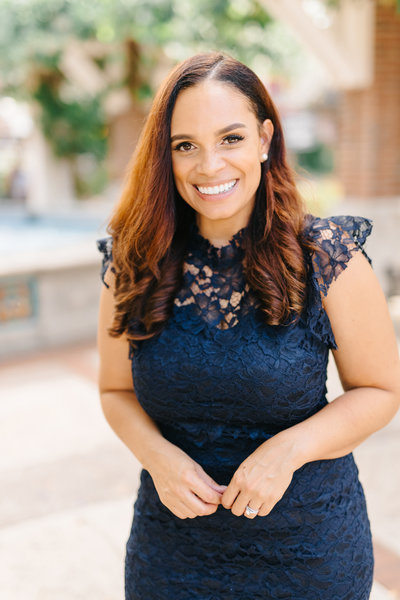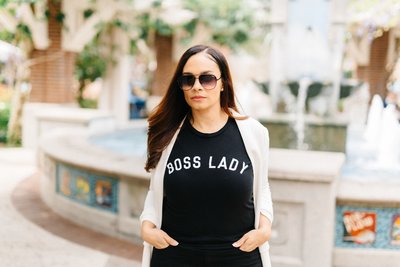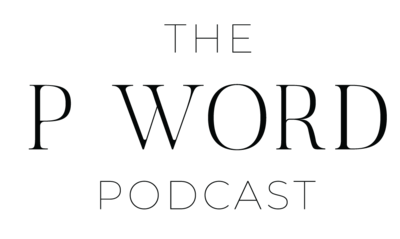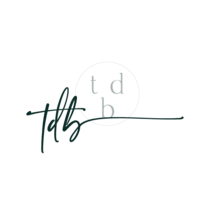If Getting The Job Is Your Goal, You Need To Read This!
GOAL MIND PREPARATION
Interviews don’t need to be stressful, so it is important to prepare beforehand. While you are preparing you might start shifting your mindset onto your goals. Such as doing great in the interview so that you are offered the job.
Let’s call this shift the Goal Mind Preparation. If you’re in the midst of job applications, read on and keep these points in your Goal Mind as you are preparing and before attending your job interview.
Pay attention to your presentation and grooming
When you’re getting ready for a job interview, it’s important to make sure that you look presentable. It’s best to steer away from ill-fitting clothing or footwear, excessive jewelry, and heavy make-up.
Check out my Dress For Success post for some general rules
It’s usually a good idea to remove any facial piercings and cover-up tattoos, as these may not be appropriate in the workplace. You should also be aware of your mannerisms, posture, and eye contact, as these can work for or against you in the interview room.
Be early
Ideally, you should try to arrive around 5–10 minutes before the scheduled interview time and wait in the reception area, unless you have been told otherwise. It’s also a good idea to work out your travel schedule the day before. Add at least half an hour to count for traffic or public transport delays. If you’re too early, a pre-interview snack or walk may calm your nerves.
Know the company
Before the job interview, you should conduct some research. It’s a good idea to see what the company does and how your role will fit in. The easiest way to do this is to visit the company’s website or social media channels. But remember, if you have questions, don’t be afraid to ask! This shows the interviewer that you’re interested in the company. You can save in-depth questions until the end of the interview, where question time is generally allocated.


Download your FREE Pre-Interview Checklist Now!
Discuss how you match the role
It’s likely that you will be asked what you can bring to the company. The interviewer needs to see how you would take on the role and whether it is suited to your personality and skillset, so typically this is a good opportunity to bring up some of your strengths and cater them to the role. It’s a good idea to prepare a few examples beforehand and use them to demonstrate your maturity and job-readiness.


Prepare for typical interview questions
Although it may not seem like the right time to talk about your weaknesses, this is a common theme of many interviews. While you should steer away from clichés (such as being a perfectionist or over-achiever), you will be expected to discuss one or more of your weaknesses and how they affect your work.
Don’t be afraid, to be honest. It’s better to reveal any issues in the interview rather than on the job.
Whether you’re applying for a part-time job or a full-time graduate position, it’s likely that the interviewer will also want to know where you see yourself heading. You may be asked to describe your aspirations for the next three, five, or ten years and how this job would help you get there. You may also be asked about your current or previous work environment and how you have dealt with conflict or issues with management.
Interview Wrap Up
At the end of the interview, it’s important to thank the interviewer and let them know that you’re looking forward to hearing back from them. It’s likely that several people will have been interviewed. It’s not uncommon that you will need to wait up to a week or two to hear back.
It can also be a good idea to politely ask when you can expect to hear from them, as this will avoid confusion on both sides. If you’re beginning to worry, it’s acceptable to send a brief follow-up email around two weeks after the interview.
Rember to keep the end goal in mind. Your end goal is securing the job!
This post may contain affiliate links; see site footer for more details.
Categorized in:








Be the First to Comment